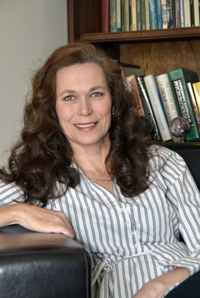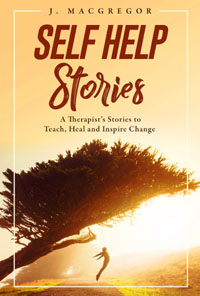Interview with Joanne MacGregor

When not writing books, Joanne Macgregor is a Counselling Psychologist in private practice and works with all kinds of clients. She started her professional life as a high school English Teacher, but has also worked as an IT trainer, a theatre dogsbody, and management consultant.
She lives in a small, beautiful seaside town, is in love with nature and chilies, and despairs of ever properly training her charm-monster of a beagle!
Joanne is a bird of many feathers and enjoys writing for different ages.
Writing under the pen name Jo Macgregor, she is the author of five books for adults:
– The First Time I Died
– The First Time I Fell
– The First Time I Hunted
– The First time I Knocked
– Dark Whispers
She writes books for young adults under the name Joanne Macgregor:
The Law of Tall Girls
Hushed
Recoil
Refuse
Rebel
Scarred
The ecowarrior series of books for middle grade / younger teens:
– Turtle Walk
– Rock Steady
– Fault Lines
She has also published a psychological self-help book under the pen name J. Macgregor:
Self Help Stories
 1. Tell us about yourself
1. Tell us about yourself
I am a Psychologist who’s been in private practice for nearly twenty-five years, working with all kinds of different clients. I started my professional life as a high school English teacher, and I have also worked as an business trainer in IT and soft skills, and as a business consultant in the field of change management. In addition to my psychological self help book, I have written crime fiction under the name Jo Macgregor, and novels for young adults as Joanne Macgregor.
I live in a small seaside town in South Africa, love nature, am addicted to chili peppers, and despair of ever properly training my charm-monster of a beagle.
2. Tell us about your book(s)
The human brain is hardwired for story, not facts. In my therapy work, I regularly use compelling, relatable stories and allegories as metaphors because it helps clients grasp challenging truths, life lessons and inspirational messages. I find that the unthreatening story format bypasses the critical censors of the conscious, analytical mind, allowing my clients to receive the message, without getting defensive. Written in plain, simple language without confusing jargon, the stories and their lessons pull no punches.
A few years ago, I decide to collect some of my most powerful therapeutic stories into a single volume that readers could use to help themselves in their journey to healing and growth, and that was how Self Help Stories was born. Each bite-sized chapter comes with a fun and fascinating story with a clear message; a simple analysis to explain the relevance for real life; a set of practical action steps for implementing the recommended changes; and a short, sharp takeaway to help remember the gist of the lesson. An index at the back of the book allows the reader to find stories that address specific issues, such as low self-esteem or past trauma.
3. Who did you write your book(s) for?
I wrote for readers who feel they could benefit from therapy or counselling but who either can’t afford to pay a psychologist, or would prefer to do the healing work in their own time. Many of my in-person clients also like to get a copy of the book to help them remember what they’ve learned, and maintain their therapeutic gains.
Many mental health practitioners (therapists, counsellors, life coaches and social workers) have found the book to be a useful aid in their work.
4. What was your inspiration to write your book(s)?
I wanted to “save” my stories into a more permanent form than the transient format of traditional “talk therapy.”
5. What do you hope to accomplish with your book(s)?
I hope that people can help themselves to lead healthier, richer lives. We don’t need to wait until we have a breakdown before we seek help — with a little information and guidance, we can do much of the work of growth and self-improvement ourselves!
6. What is the biggest takeaway readers will get from reading your book(s)?
The wonderful thing about stories is that they tend to stick in our brains far longer than lectures. I hope that readers will find the stories that speak directly to their own issues, and make the small changes that lead to big improvements in psychological health.
Website: https://www.joannemacgregor.com/non-fiction/
Facebook: https://www.facebook.com/SelfHelpStories
Twitter: https://twitter.com/selfhelpstory
Youtube: https://www.youtube.com/watch?v=W-TfB65mUSs